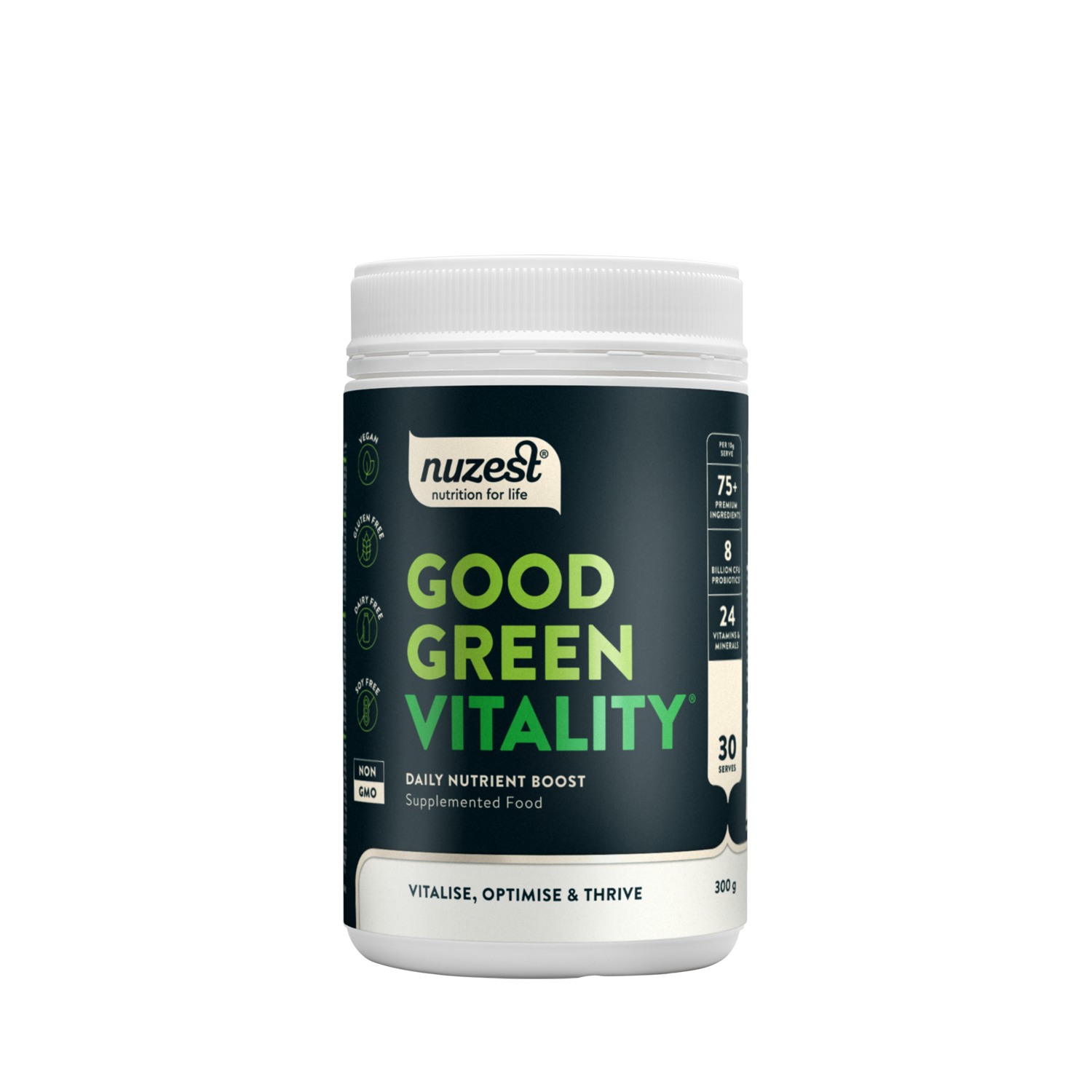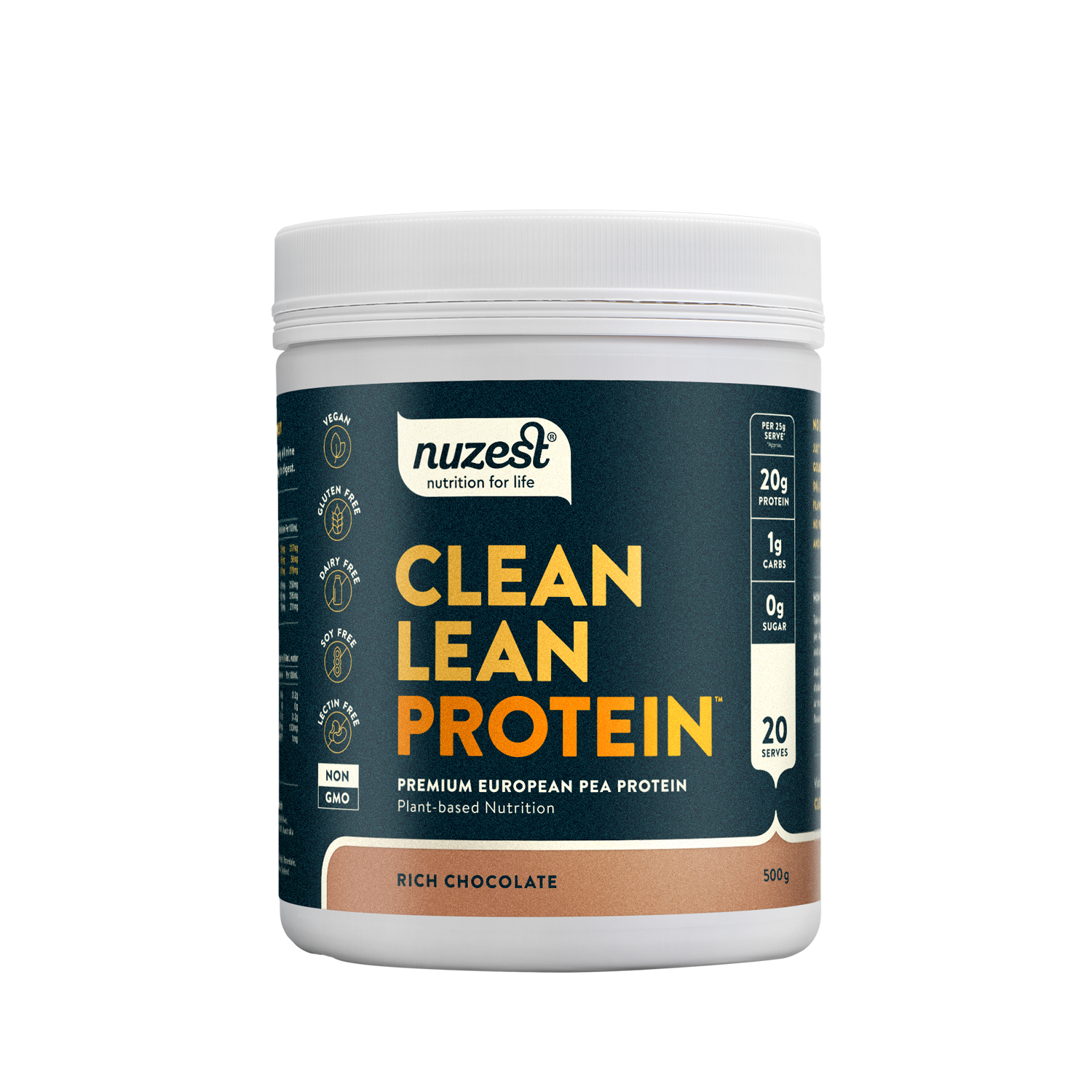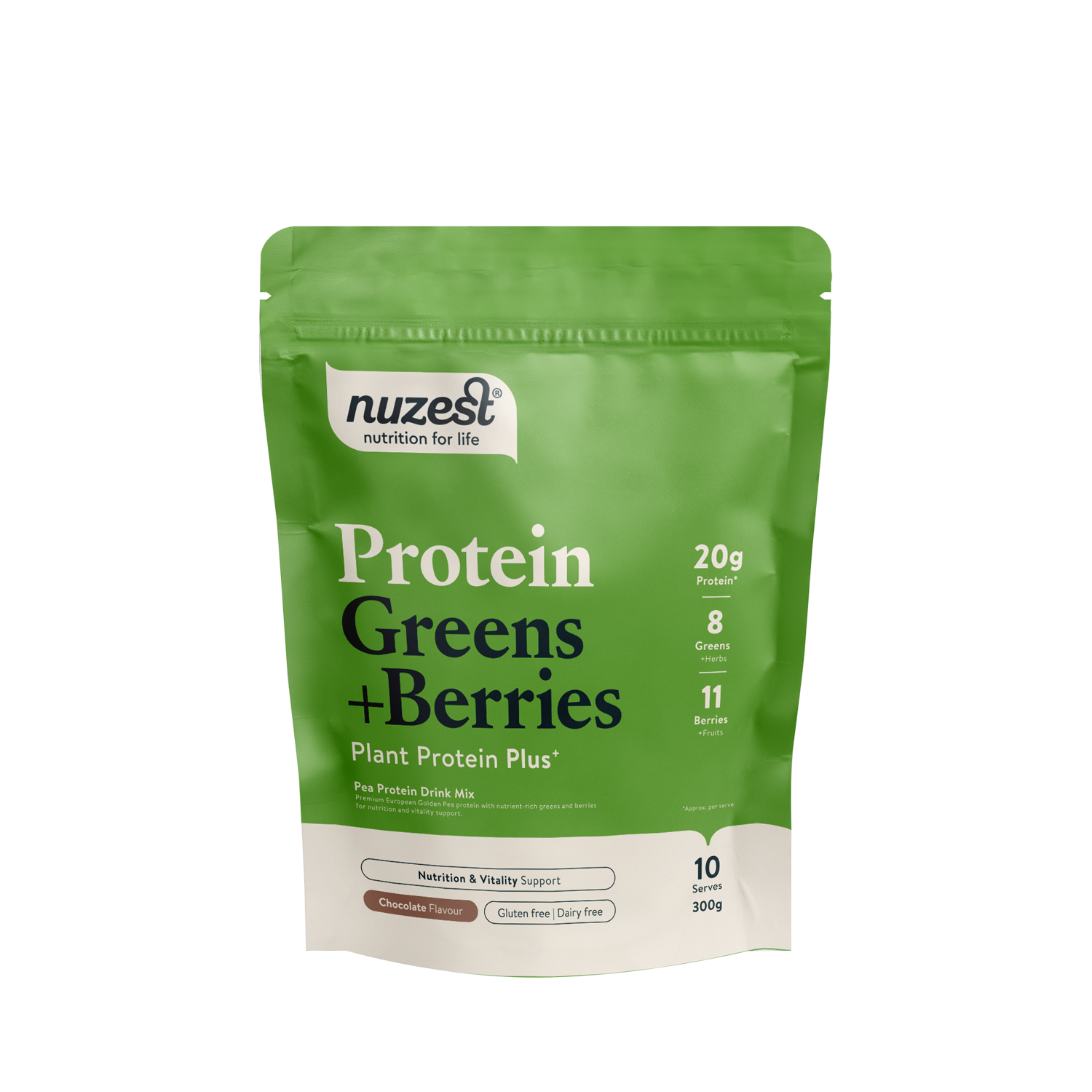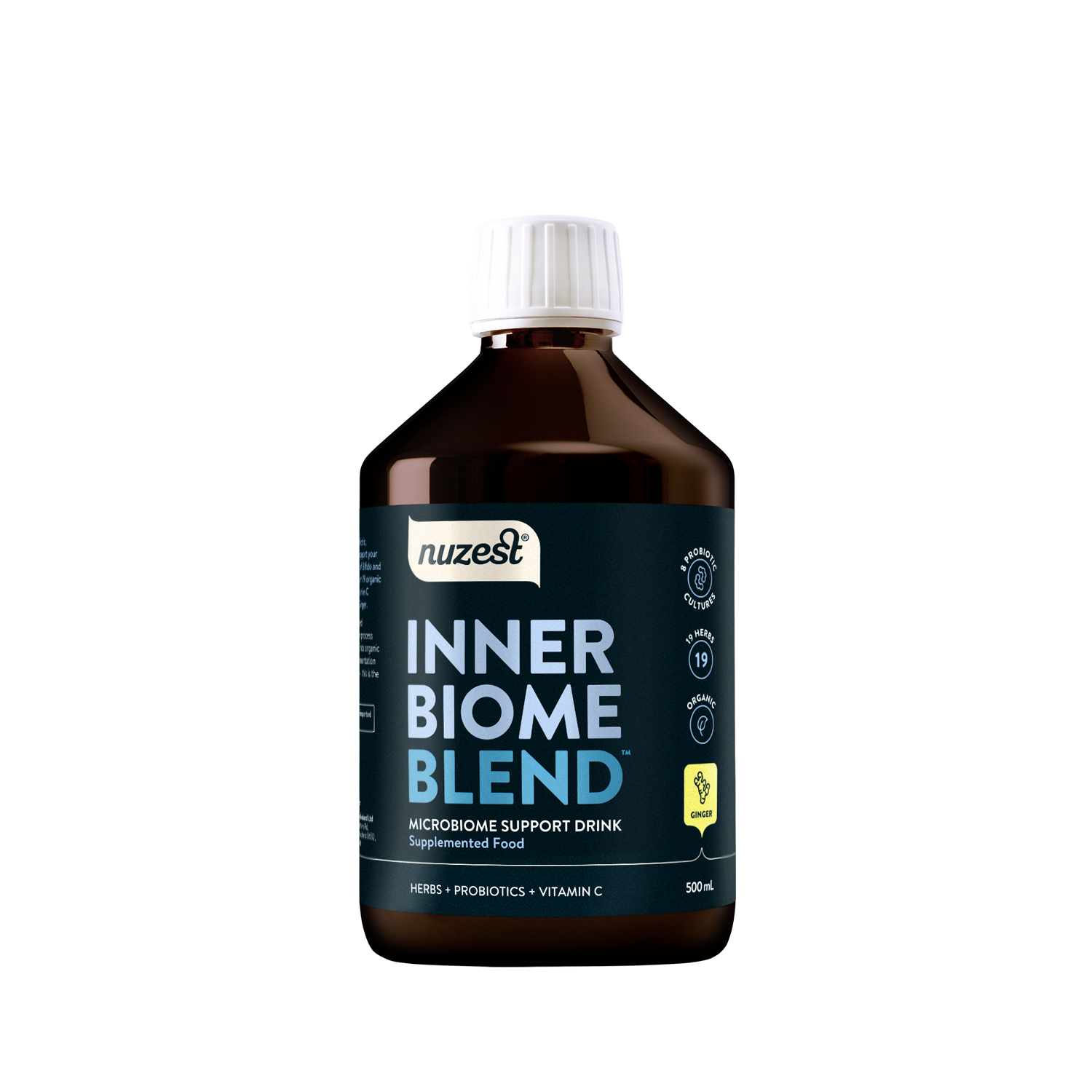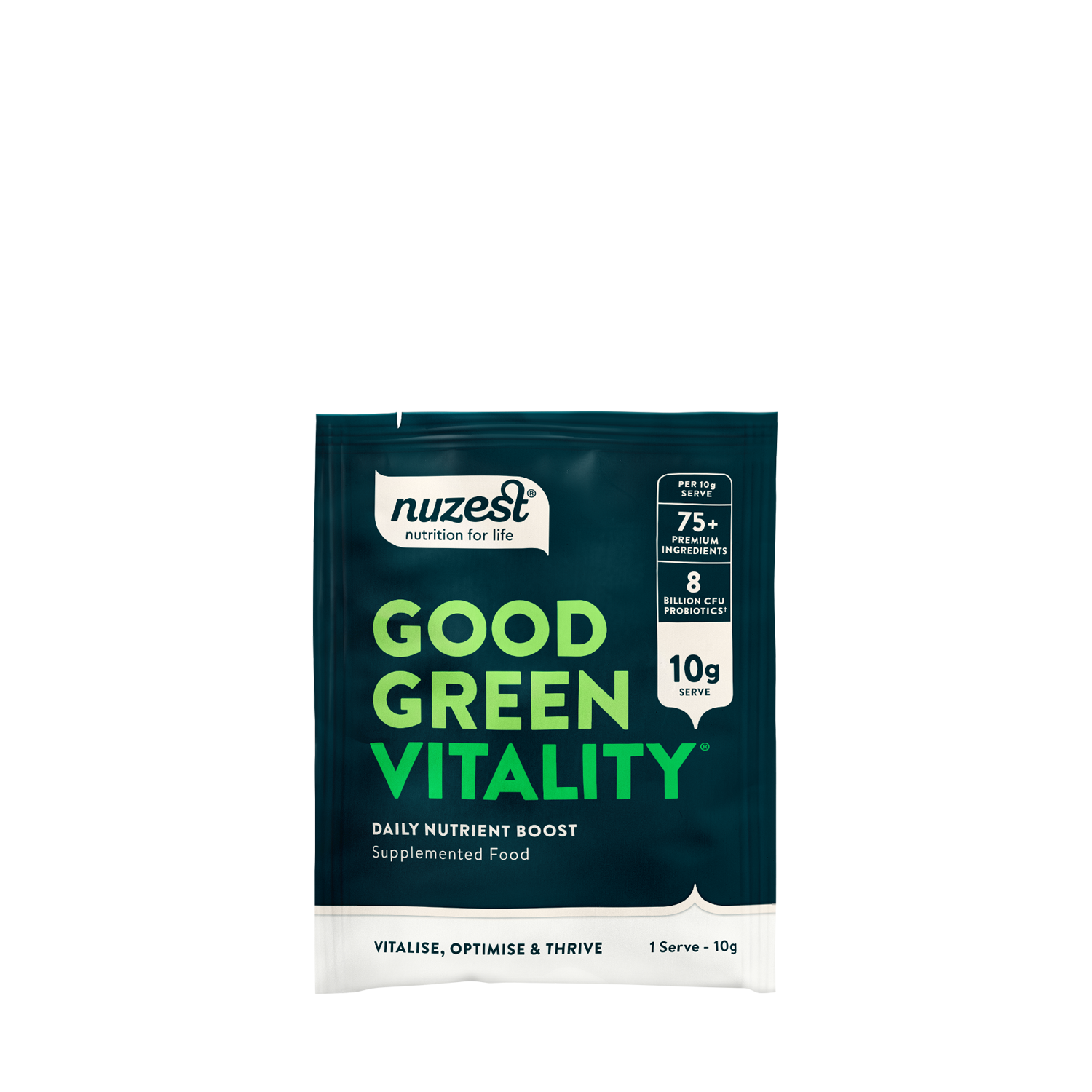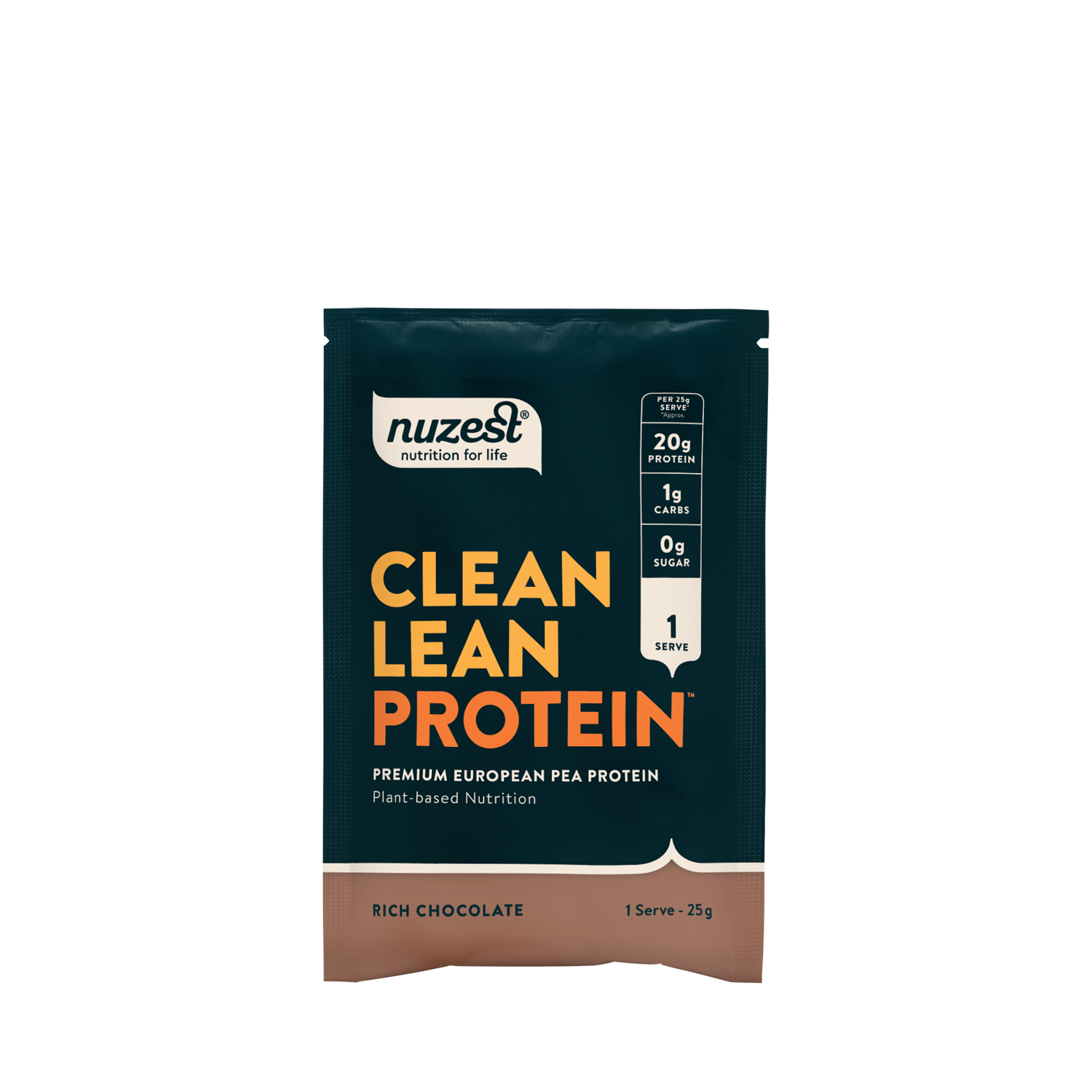When inflammation causes harm: a dietitian explains how inflammation can impact human health

TITLE: When inflammation causes harm: a dietitian explains how inflammation can impact human health
AUTHOR: Andy De Santis (Registered Dietitian)
“All things are poison, and nothing is without poison; only the dose makes a thing not a poison.”
This famous quote, popularised by Swiss physician Paracelsus in the 1500s, quite aptly captures the essence of the physiological phenomenon that is inflammation – a natural bodily response that is both a great defender, and potentially great threat, to human health.
What is inflammation?

Traditionally characterised by the visible swelling, reddening and pain associated with injury or infection, inflammation comes in many different forms.
Think about a knee injury, or an infection in your toe, and the obviously visible inflammation that follows immediately after which is caused by cellular signalling initiated by your immune and vascular systems1.
Although unpleasant, this response is actually defensive in nature, meant to prevent further damage to the body and is a great example of proper cellular functioning and what we might consider acute inflammation.
Acute inflammation, which comes on quickly but tends to subside within hours, days or weeks, is what we might consider good or helpful.
This type of inflammation comes in different forms and often arises in the context of strenuous physical training or more obviously in the case of injury (e.g. an ankle sprain) where it protects the injured muscles from further damage.
But what happens when inflammation occurs in a more hidden fashion, going on for months or years without detection?
Often referred to as chronic inflammation, it is this phenomenon that interests me most as a dietitian and the one that we have to be wary of for its potential to harm our health.
Symptoms of chronic inflammation
Chronic inflammation, which is implicated in many human disease states, can be much harder to detect and generally involves symptoms arising on a cellular, rather than physical level.
Even so, common signs that you may be suffering from chronic inflammation include:
- chronic fatigue
- body pain
- digestive health concerns
- unintended weight loss
- unexplained physical or mental health issues
- frequent infections
Note: Many serious conditions can result in these signs and symptoms. If you are experiencing any of these, consult with your doctor for proper diagnosis and treatment.
Since chronic inflammation is generally associated with more significant health issues, the symptoms and consequences that follow tend to pose a much greater risk to our health.
Atherosclerosis is a great example of this.
According to the World Health Organization (WHO), heart disease and stroke are the leading causes of global mortality3.
Atherosclerosis, which manifests as plaque development in the arteries, is a major contributor to both of these conditions, and is often thought to occur as a result of a chronic inflammatory response4.
It is one of many conditions, including diabetes, inflammatory bowel disease (IBD), kidney disease and arthritis, that are considered to have a strong inflammatory component.
Chronic inflammation in atherosclerosis
In atherosclerosis, inflammation of the arteries is continuously triggered by a number of factors including high blood levels of certain types of low-density lipoprotein (LDL) cholesterol – also known as the “bad” form of cholesterol.
In this particular instance, LDL cholesterol contributes to inflammation in the walls of our arteries. When LDL cholesterol levels remain high for an extended period of time, so too does inflammation, resulting in negative health outcomes over time.
Interestingly, foods such as legumes and tree nuts are known to be effective at reducing blood levels of LDL cholesterol and thus fight back against the cause of inflammation7.
However, the role of diet in managing inflammation goes well beyond this example of atherosclerosis.
To learn more about the role of inflammation in different skin, cardiovascular, autoimmune, neural and endocrine conditions, read our series by student nutritionist Eleanor Good, How Inflammation Works.

